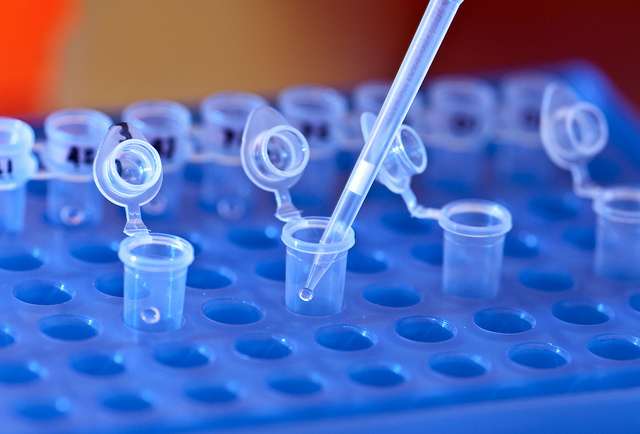New Device to Cut Down Drug Testing in Animals: Heart-on-a-chip
Researchers at UC Berkeley have developed a heart on a chip that could eventually replace laboratory animals in drug testing, while also lowering the cost of drug development.

A new, experimental HIV vaccine is being tested in humans after it completely prevented the disease in half the monkeys it was given to.
Drug company Johnson & Johnson is now testing the vaccine on 400 healthy human volunteers in the U.S., South Africa, Eastern Africa and Thailand.
The company believes the vaccine will work even better on humans than on animals.
The vaccine works in two steps, similar to an Ebola vaccine the company is also developing.
The first dose given to the monkeys included a weakened cold virus and genetic bits of an animal version of HIV — simian immunodeficiency virus (SIV). Once doctors saw an immune system response, they gave the primates a second shot that contained an SIV protein that triggered the immune system to fight off the virus.
Drug company Johnson & Johnson is now testing the vaccine on 400 healthy human volunteers in the U.S., South Africa, Eastern Africa and Thailand.
The company believes the vaccine will work even better on humans than on animals.
The vaccine works in two steps, similar to an Ebola vaccine the company is also developing.
The first dose given to the monkeys included a weakened cold virus and genetic bits of an animal version of HIV — simian immunodeficiency virus (SIV). Once doctors saw an immune system response, they gave the primates a second shot that contained an SIV protein that triggered the immune system to fight off the virus.
Researchers published their findings in the journal Science.
If the first human trials go well, a wider study will start within the next two years to determine what the exact doses for people should be.
(READ more at the Daily Mail) – Photo by snre, CC license
Pass Along This Medical Breakthrough… (Share below)
Be the first to comment